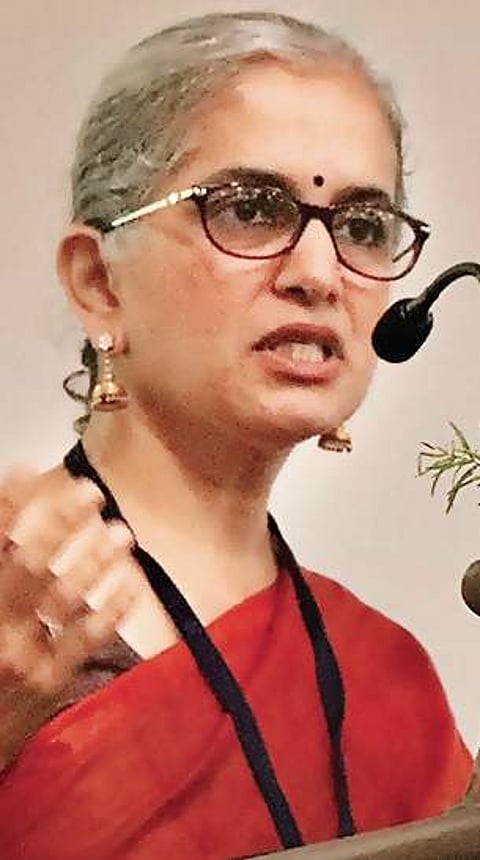

CHENNAI: Dyslexia is included under The Rights of Persons with Disabilities Act, 2016 which offers numerous concessions for children for appearing in public examinations of various boards in India. However, there is limited knowledge and understanding of these special provisions among parents, schools and even educational authorities.
In a move towards providing deeper understanding, the Madras Dyslexia Association (MDA) organised a symposium on ‘Concessions and Exemptions for Specific Learning Disabilities (Dyslexia)’ on Saturday.
“Inclusive education is about providing equitable education in terms of both instruction and evaluation. We must give what the child requires,” said Dr Smita Desai, director, Drishti (an organisation working in the field of special education), while delivering her keynote address.
There are numerous provisions for children with learning difficulties in areas such as reading (Dyslexia), written language (Dysgraphia), mathematics (Dyscalculia) or deficits in visual-motor perceptual skills, and they can avail of these in different boards of education.
“During examinations, students studying in ICSE, CBSE, IB/IGCSE/CIE and NIOS boards — reader and scribe can avail extra time and exemption from second and third language. ICSE and IGCSE boards also allow the use of a computer with the spell check option for persons with disabilities,” said Smita Desai.
Other provisions include flexibility of choosing subjects, intermittent breaks, separate seating (if requested), use of (specified) calculator for mathematical calculations and exemption from diagrams, maps and topographical sheets.
“Every one in six people in the country has dyslexia. It is invisible but the incidences are very high. Knowledge on this will benefit parents with children who have dyslexia, schools, administrators, counselors and special educators. They must start spreading a word on these provisions to inculcate the interest of learning among children with specific learning difficulties,” said D Chandrasekhar, president, MDA.
Concluding the inaugural session, Smita remarked, “Structured assessments are geared towards securing a valid and objective diagnosis. However, assessments are not the intervention itself, it is only the starting point.”
Provisions
There are numerous provisions for children with learning difficulties in areas such as reading (Dyslexia), written language (Dysgraphia), mathematics (Dyscalculia) or deficits in visual-motor perceptual skills, and they can avail of these in different boards of education. Other provisions include flexibility of choosing subjects and breaks.